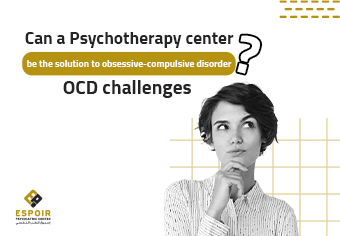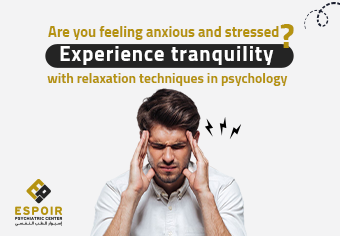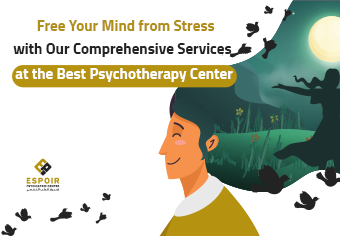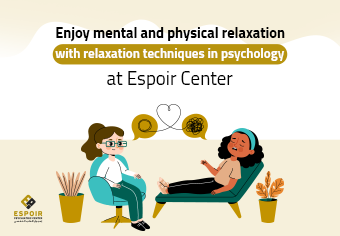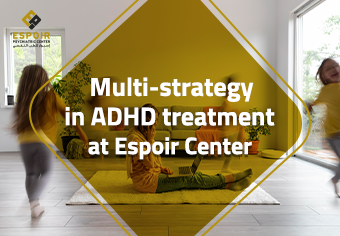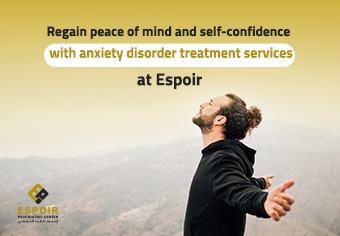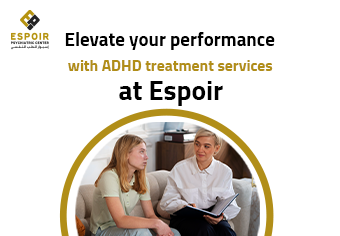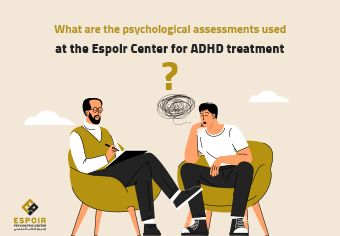
Attention-deficit/hyperactivity disorder (ADHD) is a neurological disorder that affects both children and adults. It can significantly impact various aspects of life, including academic performance, work productivity, and social relationships. Managing this disorder requires a comprehensive approach that may include behavioral therapy, medications, and lifestyle modifications. Behavioral therapy aims to improve specific behaviors and teach strategies for coping with symptoms. Medications such as stimulants (like methylphenidate) and non-stimulants (like atomoxetine) can help regulate neurotransmitters in the brain, enhancing focus and reducing impulsivity. Additionally, lifestyle modifications play a crucial role, including establishing structured routines, task organization, minimizing distractions, and adopting healthy habits like regular exercise and adequate sleep. Effectively ADHD Treatment requires a personalized approach tailored to individual needs.
Symptoms of attention deficit disorder:
Attention-deficit/hyperactivity disorder (ADHD) is characterized by a set of symptoms that can significantly impact daily functioning. Symptoms of ADHD can generally be classified into three main types: inattention, hyperactivity, and impulsivity. It’s important to note that the presence of some of these symptoms intermittently does not necessarily indicate the presence of the disorder. Diagnosis requires a comprehensive evaluation by a qualified healthcare professional to rule out other potential causes and assess whether the symptoms meet the criteria for the disorder. Effective treatment for ADHD typically involves a combination of behavioral therapy, medications, and tailored supportive strategies based on individual needs.
Symptoms of inattention include difficulty focusing on tasks or leisure activities, frequent careless mistakes in schoolwork or other activities, difficulty organizing tasks and activities, avoiding tasks that require sustained mental effort, losing necessary items, quick distraction, and forgetfulness in daily activities.
Symptoms of hyperactivity manifest as fidgeting with hands or feet, difficulty remaining seated in situations where sitting is expected, excessive running or climbing in inappropriate places, difficulty engaging in activities quietly, excessive talking, and constant movement as if driven by a motor.
Impulsivity symptoms include answering questions quickly before they’re fully asked, difficulty waiting for one’s turn, interrupting or intruding on conversations or activities of others, and frequently shifting from one unfinished activity to another.
These symptoms vary in severity and may present differently depending on age and individual differences, making successful ADHD treatment tailored to each individual. In children, symptoms of ADHD often lead to poor academic performance, social difficulties, and behavioral challenges at home and school. In adults, symptoms may result in difficulties managing time, organization, maintaining relationships, and overall productivity.

Plans for ADHD Treatment at Espoir Center:
Plans for ADHD Treatment at Espoir Treatment Center are based on a comprehensive and personalized approach to meet each individual’s unique needs. The center offers a multidisciplinary approach that combines various therapeutic modalities aimed at effectively managing symptoms of ADHD.
- Behavioral Therapy:
Espoir Center places significant emphasis on behavioral therapy as an essential part of treating attention-deficit/hyperactivity disorder (ADHD). This type of therapy helps individuals develop specific skills to manage their behaviors, improve focus, and enhance organizational abilities. Techniques like cognitive-behavioral therapy are used to address impulsivity and enhance attention span.
- Medication Management:
The center offers specialized medication management for ADHD. This may include stimulant medications like methylphenidate or amphetamines, which work to regulate neurotransmitters in the brain to improve attention and impulse control. Non-stimulant medications like atomoxetine may also be prescribed based on individual needs.
- Educational Support:
Espoir Treatment Center recognizes the importance of educational support for individuals with ADHD. They provide tailored interventions to help students achieve academic success, including specialized tutoring, classroom accommodations, and assistance with organizational skills.
- Family and Parent Consultations:
This disorder can significantly impact family dynamics. The center offers counseling sessions for parents and family members to provide education about the disorder, improve communication strategies, and foster a supportive environment at home.
- Lifestyle Modifications:
Treatment plans include lifestyle modifications such as creating schedules, promoting healthy sleep habits, and encouraging regular physical activity. These modifications can greatly improve symptom management and overall functioning.
- Supportive Services:
Espoir Treatment Center offers additional supportive services such as stress management techniques, attention training, and social skills development to enhance adaptation and resilience mechanisms.
In conclusion,
ADHD Treatment requires a comprehensive approach based on a deep understanding of individual needs and challenges. Espoir Center exemplifies leadership in this field by providing personalized treatment plans that include behavioral therapy, medication management, educational support, family consultations, lifestyle modifications, and other supportive services. With these integrated strategies, individuals with ADHD can improve their abilities to focus, manage impulsivity, and organize tasks, leading to enhanced daily performance and success in school or work, as well as improved social and family relationships. Espoir Center encourages open communication between the medical team, patients, and family members to identify the best-suited strategies for each case.



